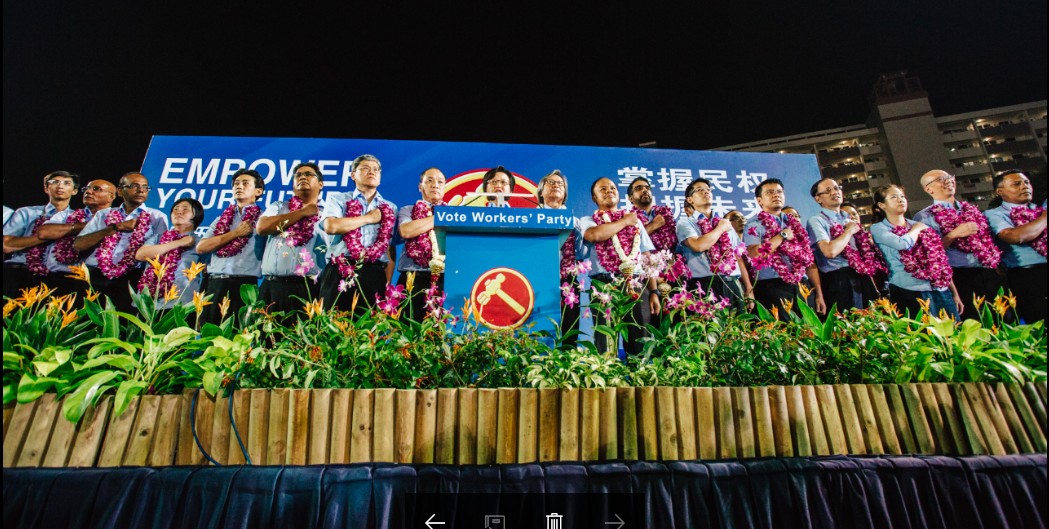The Worker's Party (WP) is set to celebrate its upcoming 60th anniversary in November, fresh from moving into a new headquarters in Marine Parade GRC.
As the biggest opposition party in Singapore with nine members in Parliament, including six elected seats representing Aljunied GRC and Hougang SMC, and also three Non-constituency Members of Parliament (NCMPs), WP has also been a trailblazer in some areas of Singapore's political scene.
They have achieved several firsts (in addition to pushing for a First World Parliament during General Elections 2011) over the years. Here are some of them:
First party to start Meet the People's Session
WP was founded by the man who was Singapore's first Chief Minister from 1955 to 1956 -- David Marshall.
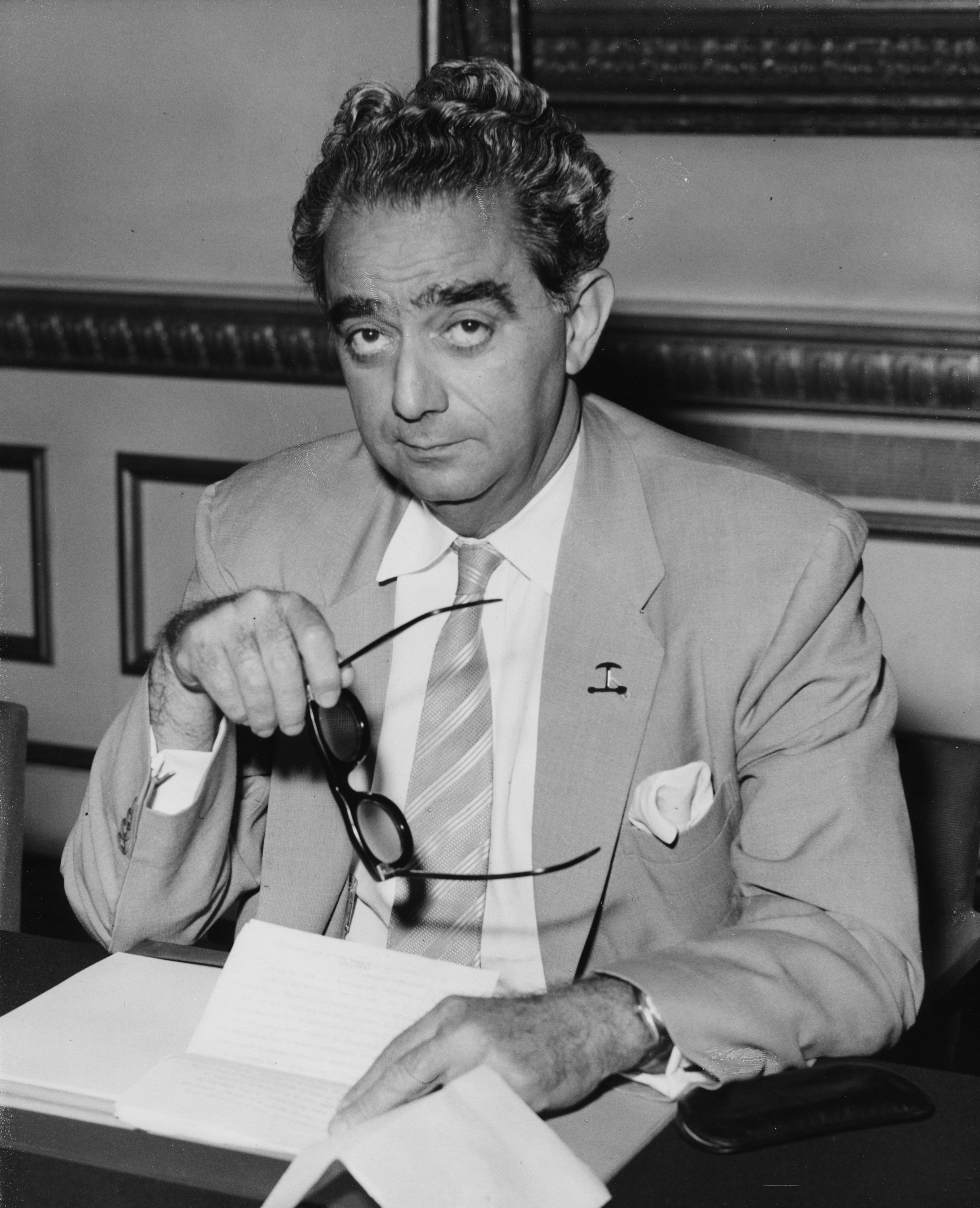 David Marshall. Source: Getty Images
David Marshall. Source: Getty Images
Marshall is credited for the creation of this unique practice in Singapore known as the Meet the People's Session (MPS).
In an MPS, a Member of Parliament makes himself/herself available at a set venue once or twice a week to meet with individual residents of his/her constituency to address their respective issues.
The early beginnings of the MPS can be traced to a speech Marshall made shortly after he got elected as Chief Minister. The book Marshall of Singapore: A Biography by Kevin Tan, quotes this portion of the the speech:
“I said to you that if elected, I would dedicate a day in every week to receive the people of Singapore, whether voters or not, whether from Cairnhill or not. Rich or poor, in order to enable me to understand your problems, to receive your advice, and to assist where I can asist. I did not then realise; I did not anticipate, that I would shortly receive the privilege of the responsibility of dedicating 7 days a week to your welfare and probably many nights of that week. But I will still keep faith with you in spite of the onerous nature of the duties of the Chief Minister.
And insofar as the pressure of my official duties permit, I shall receive you one day a week, with or without appointment. The time and the day of the week would be indicated in the press and so far as it lies within the power of human endurance and my other duties, I shall do everything to assist all.”
These weekly Saturday meetings were held by Marshall at what is known today as the Old Parliament House.
Over time, the idea for such sessions caught on and have become an important aspect of the political landscape.
Marshall would step down from his role as Chief Minister and eventually found the Workers' Party in 1957, which provided WP with a link to the start of the MPS.
[related_story]
First party to break PAP's 15-year parliamentary monopoly
The decision to walkout of Parliament in 1966 by Barisan Socialis, the opposition party splintered from the PAP, resulted in a parliamentary monopoly that lasted for more than a decade.
From 1966 to 1981, the People's Action Party monopolised Parliament by winning every seat at every election.
 Source: NAS
Source: NAS
But the Anson by-election in Oct. 1981 was a milestone event.
The by-election was triggered when PAP's Devan Nair resigned as the Member of Parliament (MP) for Anson ahead of his appointment as Singapore's third president.
PAP's Pang Kim Hin, WP's JB Jeyaratnam, and the United People's Front's Harbans Singh contested in the by-election.
Jeyaratnam won the election. He scored 51.93 per cent of the votes, while his nearest rival Pang got 47.10 percent.
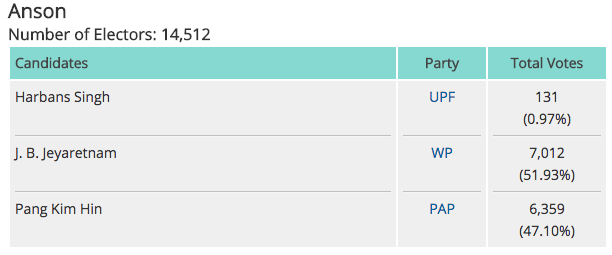 Screenshot from Elections Department website
Screenshot from Elections Department website
First NCMPs - Lee Siew Choh and Francis Seow
The Non-Constituency Member of Parliament (NCMP) scheme allows the highest scoring opposition candidate who has lost at the General Elections (GE) to become an NCMP.
The scheme was introduced prior to the 1984 GE to ensure that there would always be a minimum number of opposition members in Parliament.
However, following the 1984 GE, the losing opposition candidates eligible to be NCMP declined the post.
It would only be four years later, in 1988, that Lee Siew Choh and Francis Seow became the first NCMP in Singapore's history.
A former Barisan stalwart, he was part of a strong WP team fielded in Eunos Group Representation Constituency (GRC) in the 1988 GE, together with former Solicitor-General and Law Society President Francis Seow, and television personality Mohd Khalit bin Md Baboo.
They lost the contest narrowly to the PAP team, garnering 49.11% of the votes.
With Singapore Democratic Party's (SDP) Chiam See Tong re-elected as MP for Potong Pasir and the only opposition MP, two NCMP seats became available and were offered to Lee Siew Choh and Francis Seow.
Both accepted, making them the first two NCMPs. Seow was, however, disqualified as an NCMP in December the same year after he was fined for tax evasion.
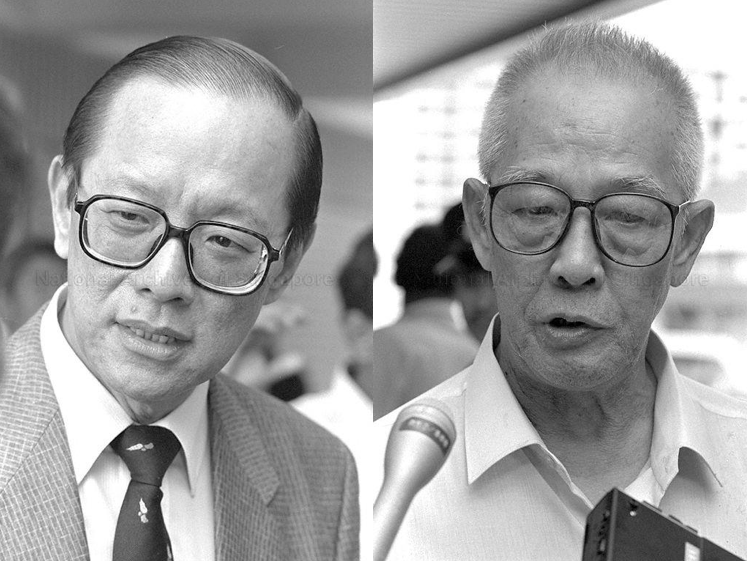 Francis Seow (left) and Lee Siew Choh (right). Source: NAS
Francis Seow (left) and Lee Siew Choh (right). Source: NAS
First opposition GRC win (Aljunied 2011)
Ever since the Group Representation Constituency (GRC) was introduced at the 1988 GE, opposition parties have had little luck in winning one.
There were narrow defeats for WP.
Besides the battle for Eunos in 1988, the WP team fielded in Cheng San GRC in 1997 GE also came close, but it proved to be a particularly difficult challenge then, especially when the GRCs with close results would often see their boundaries redrawn or absorbed into other constituencies in later GEs.
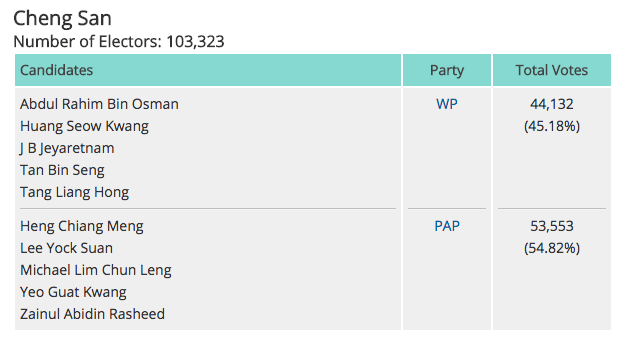 Screenshot from Elections Department website
Screenshot from Elections Department website
It would take 23 years and five GEs after the GRC system was first introduced in 1988 before an opposition party finally made a breakthrough.
In 2011, WP took a huge political gamble by fielding its strongest team of candidates in Aljunied GRC.
The team comprised Secretary-General Low Thia Khiang who had chosen to leave his Hougang single-seat stronghold, party chairman Sylvia Lim, Chen Show Mao, Pritam Singh, and Muhamad Faisal Manap.
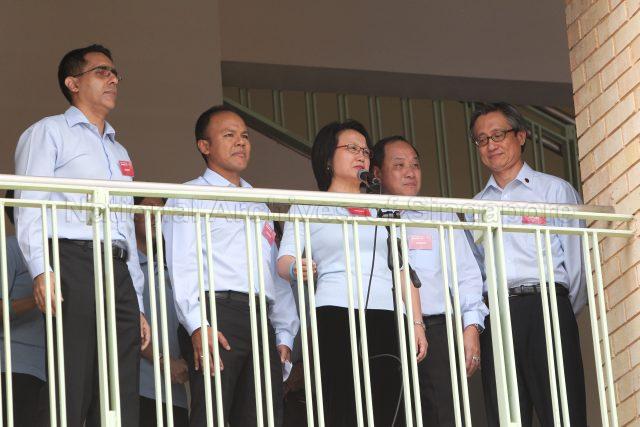 Source: NAS
Source: NAS
They went up against a strong PAP line-up of that included two full ministers (George Yeo and Lim Hwee Hua), a senior minister of state (Zainul Abidin bin Mohammed Rasheed), and Ong Ye Kung, who is today a fourth generation PAP leader.
WP won the GRC with 54.72 per cent of the votes, while the PAP team scored 45.28 per cent, in an election which was later described by many political observers as a "watershed", that heralded a "new normal" in Singapore politics.
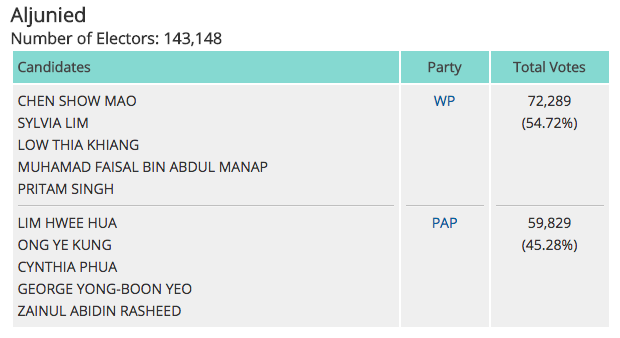 Screenshot from Elections Department
Screenshot from Elections Department
First opposition party to win two consecutive by-elections (Hougang and Punggol East)
The last three by-elections held in Singapore - Hougang, Punggol East and Bukit Batok, are probably best remembered for the personal indiscretions that triggered them.
But one little known fact that emerged from two of these results was that WP became the first opposition party in Singapore to win two consecutive by-elections in Singapore's post-independence history.
The Hougang by-election in 2012, which was triggered by the expulsion of Yaw Shin Leong from WP over a rumoured extra-marital affair, saw WP's Png Eng Huat beating PAP's Desmond Choo by scoring 62.08 per cent of the votes.
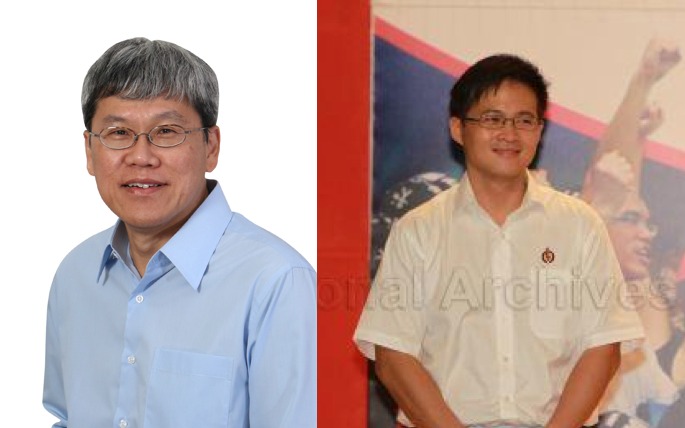 Png Eng Huat (left) and Desmond Choo (right). Image adapted from WP's website and NAS.
Png Eng Huat (left) and Desmond Choo (right). Image adapted from WP's website and NAS.
Following that, WP's Lee Li Lian won the Punggol East by-election in 2013, after then Speaker of Parliament Michael Palmer from the PAP resigned as MP over another personal indiscretion.
[caption id="" align="aligncenter" width="760"]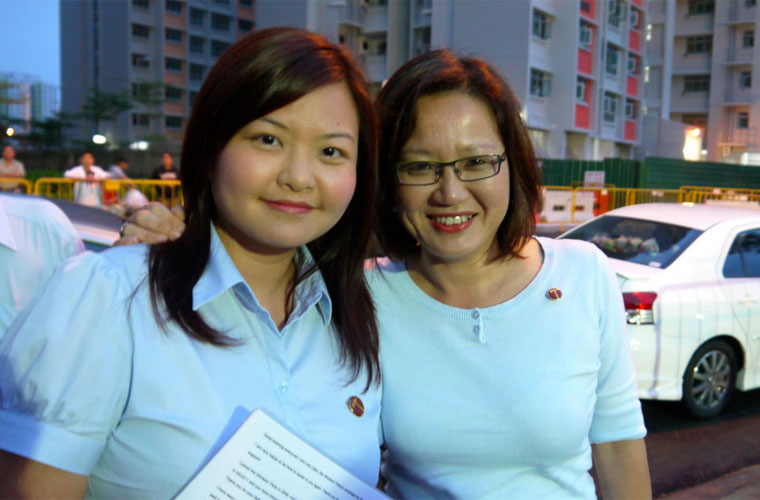 Lee Li Lian (left) with WP chairman Sylvia Lim. Source: Lee Li Lian's Facebook[/caption]
Lee Li Lian (left) with WP chairman Sylvia Lim. Source: Lee Li Lian's Facebook[/caption]
The WP has come a long way since its formation 60 years ago. Counting down to its anniversary celebrations, it can look back at its history with some sense of achievement, as it prepares to embark on a new journey in the next decade to meet the challenges of opposition politics in Singapore.
Top image from WP's website.
Here are some totally unrelated but equally interesting stories:
Apparently, there’s a headless ghost that will deliver booze to you this Halloween
HDB things we are so used to now but will probably not miss in 10 years’ time
If you like what you read, follow us on Facebook, Instagram, Twitter and Telegram to get the latest updates.
